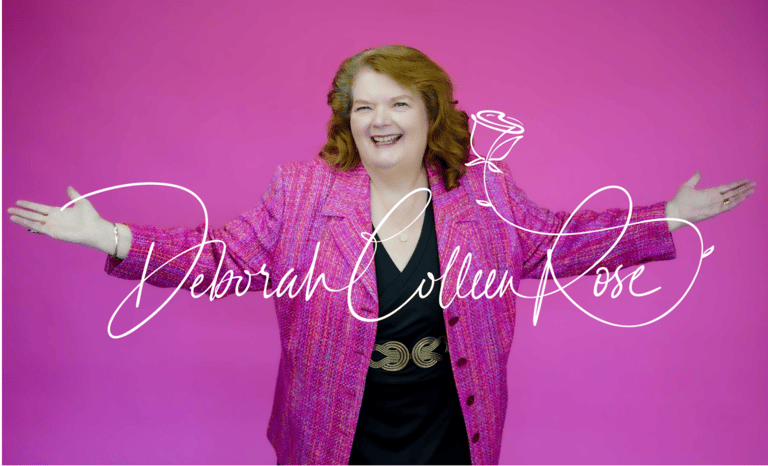Being Loving When You Cannot Love
RELATIONSHIPS
Deborah Colleen Rose
8/28/20252 min read
There are moments when I look at my mother—her body at rest on the couch, her eyes darting as though she’s unsure of where she is—and compassion rises in me. I see her not as the woman who lashes out, but as someone fragile, caught in a fog she cannot control. In those rare moments, my heart aches for what might have been.
But most of the time, it isn’t like that.
Walking on Broken Glass
Most of the time, I sidestep her the way you sidestep shards of glass on a kitchen floor—careful not to get cut. Her accusations, her suspicions, her words sharpened by delusion and sarcasm—these things slice deep. Trying to reach her emotionally only leaves you bleeding. So I do the things that keep her safe and cared for: meals prepared, medicine given, shelter secured. Her physical needs are met. My emotional safety is guarded.
The Weight She Leaves Behind
Her behavior has shaped our entire family. We are like leaves clinging to a branch, shifting, even at the gentlest breeze. Our sense of stability, our ability to feel safe, has always been shaken—not only in storms, but even in calm weather, because her presence taught us never to trust the quiet.
The Hard Truth
Here is what I’ve come to accept: I don’t love her. Not in the way a daughter longs to love her mother. What I love is the idea of a caring mother—the warmth, the acceptance, the shelter—that I never truly had. She did not allow herself to be loved. She kept love at arm’s length, using anger, suspicion, and sarcasm as walls.
But here is the truth that has changed everything: even if I do not love her, I can still be loving.
Choosing to Be Loving
I care for her because it is right. Because integrity calls me to. Because my soul will not let me harden in response to her hardness. That choice—choosing to be loving when love is not returned—is what makes me a loving person.
Loving someone and being loving are not the same. One depends on the other person’s openness; the other depends only on who I choose to be. If I had to choose—and I already have—I choose the latter.
Being loving makes me free. It steadies me, even when the branch shakes and the wind blows. It allows me to walk through this chapter of life not as a victim of her cruelty, but as a witness to my own endurance.
I may never love her as I wish I could. She may never receive what I offer. But I can stand in the truth that I have lived as a loving person, even in the face of someone who could not allow love in.
Loving someone usually comes easy. Choosing to be loving is a choice and a lifetime of expanding your heart. And that, is better than enough.
